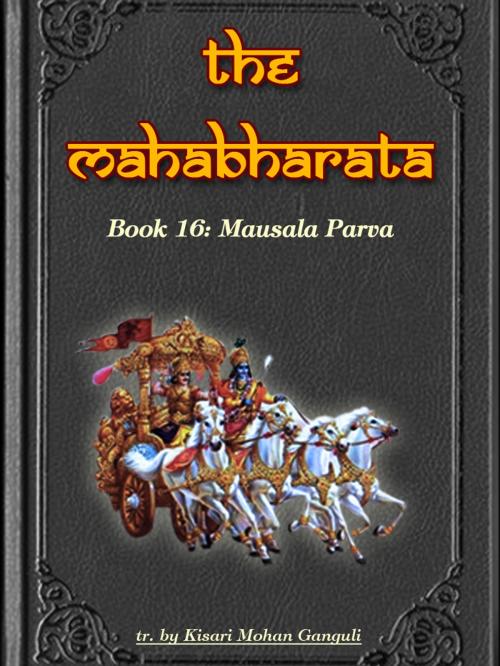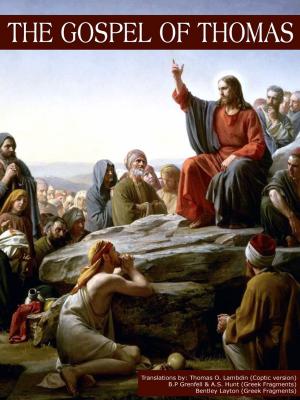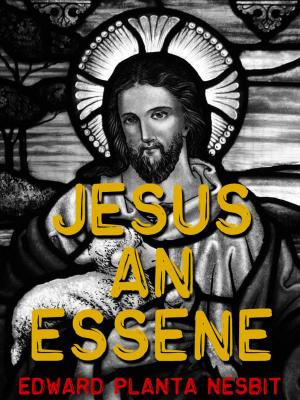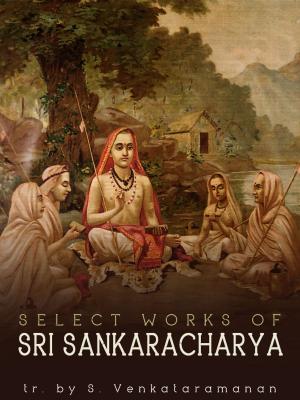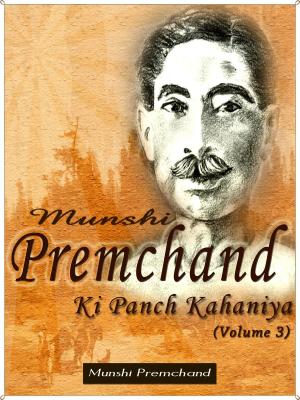The Mahabharata, Book 16: Mausala Parva
Nonfiction, Religion & Spirituality, Eastern Religions, Hinduism, Inspiration & Meditation, Spirituality, History| Author: | Kisari Mohan Ganguli | ISBN: | 1230000036281 |
| Publisher: | AppsPublisher | Publication: | December 3, 2012 |
| Imprint: | Language: | English |
| Author: | Kisari Mohan Ganguli |
| ISBN: | 1230000036281 |
| Publisher: | AppsPublisher |
| Publication: | December 3, 2012 |
| Imprint: | |
| Language: | English |
The Mahabharata, Book 16: Mausala Parva
Kisari Mohan Ganguli, tr.
Om! Having bowed down to Narayana, and Nara the foremost of male beings, and the goddess Saraswati also, must the word Jaya be uttered.
It is of immense importance to the culture of the Indian subcontinent, and is a major text of Hinduism. Its discussion of human goals (artha or purpose, kama or pleasure, dharma or duty/harmony, and moksha or liberation) takes place in a long-standing tradition, attempting to explain the relationship of the individual to society and the world (the nature of the 'Self') and the workings of karma.
The object of a translator should ever be to hold the mirror upto his author. That being so, his chief duty is to represent so far as practicable the manner in which his author's ideas have been expressed, retaining if possible at the sacrifice of idiom and taste all the peculiarities of his author's imagery and of language as well. In regard to translations from the Sanskrit, nothing is easier than to dish up Hindu ideas, so as to make them agreeable to English taste. But the endeavour of the present translator has been to give in the following pages as literal a rendering as possible of the great work of Vyasa. To the purely English reader there is much in the following pages that will strike as ridiculous. Those unacquainted with any language but their own are generally very exclusive in matters of taste. Having no knowledge of models other than what they meet with in their own tongue, the standard they have formed of purity and taste in composition must necessarily be a narrow one. The translator, however, would ill-discharge his duty, if for the sake of avoiding ridicule, he sacrificed fidelity to the original. He must represent his author as he is, not as he should be to please the narrow taste of those entirely unacquainted with him. Mr. Pickford, in the preface to his English translation of the Mahavira Charita, ably defends a close adherence to the original even at the sacrifice of idiom and taste against the claims of what has been called 'Free Translation,' which means dressing the author in an outlandish garb to please those to whom he is introduced.
Vaishampayana said: "When the thirty-sixth year (after the battle) was reached, the delighter of the Kurus, Yudhishthira, beheld many unusual portents. Winds, dry and strong, and showering gravels, blew from every side. Birds began to wheel, making circles from right to left. The great rivers ran in opposite directions. The horizon on every side seemed to be always covered with fog. Meteors, showering (blazing) coals, fell on the Earth from the sky. The Sun’s disc, O king, seemed to be always covered with dust. At its rise, the great luminary of day was shorn of splendour and seemed to be crossed by headless trunks (of human beings). Fierce circles of light were seen every day around both the Sun and the Moon. These circles showed three hues. Their edges seemed to be black and rough and ashy-red in colour. The son of Pandu, hearing that only Vasudeva and Rama had escaped with life, summoned his brothers and took counsel with them as to what they should do. Meeting with one another, they became greatly distressed upon hearing that the Vrishnis had met with destruction through the Brahmana’s rod of chastisement. The death of Vasudeva, like the drying up of the ocean, those heroes could not believe. In fact the destruction of the wielder of Saranga was incredible to them. Informed of the incident about the iron bolt, the Pandavas became filled with grief and sorrow. In fact, they sat down, utterly cheerless and penetrated with blank despair."
The Mahabharata, Book 16: Mausala Parva
Kisari Mohan Ganguli, tr.
Om! Having bowed down to Narayana, and Nara the foremost of male beings, and the goddess Saraswati also, must the word Jaya be uttered.
It is of immense importance to the culture of the Indian subcontinent, and is a major text of Hinduism. Its discussion of human goals (artha or purpose, kama or pleasure, dharma or duty/harmony, and moksha or liberation) takes place in a long-standing tradition, attempting to explain the relationship of the individual to society and the world (the nature of the 'Self') and the workings of karma.
The object of a translator should ever be to hold the mirror upto his author. That being so, his chief duty is to represent so far as practicable the manner in which his author's ideas have been expressed, retaining if possible at the sacrifice of idiom and taste all the peculiarities of his author's imagery and of language as well. In regard to translations from the Sanskrit, nothing is easier than to dish up Hindu ideas, so as to make them agreeable to English taste. But the endeavour of the present translator has been to give in the following pages as literal a rendering as possible of the great work of Vyasa. To the purely English reader there is much in the following pages that will strike as ridiculous. Those unacquainted with any language but their own are generally very exclusive in matters of taste. Having no knowledge of models other than what they meet with in their own tongue, the standard they have formed of purity and taste in composition must necessarily be a narrow one. The translator, however, would ill-discharge his duty, if for the sake of avoiding ridicule, he sacrificed fidelity to the original. He must represent his author as he is, not as he should be to please the narrow taste of those entirely unacquainted with him. Mr. Pickford, in the preface to his English translation of the Mahavira Charita, ably defends a close adherence to the original even at the sacrifice of idiom and taste against the claims of what has been called 'Free Translation,' which means dressing the author in an outlandish garb to please those to whom he is introduced.
Vaishampayana said: "When the thirty-sixth year (after the battle) was reached, the delighter of the Kurus, Yudhishthira, beheld many unusual portents. Winds, dry and strong, and showering gravels, blew from every side. Birds began to wheel, making circles from right to left. The great rivers ran in opposite directions. The horizon on every side seemed to be always covered with fog. Meteors, showering (blazing) coals, fell on the Earth from the sky. The Sun’s disc, O king, seemed to be always covered with dust. At its rise, the great luminary of day was shorn of splendour and seemed to be crossed by headless trunks (of human beings). Fierce circles of light were seen every day around both the Sun and the Moon. These circles showed three hues. Their edges seemed to be black and rough and ashy-red in colour. The son of Pandu, hearing that only Vasudeva and Rama had escaped with life, summoned his brothers and took counsel with them as to what they should do. Meeting with one another, they became greatly distressed upon hearing that the Vrishnis had met with destruction through the Brahmana’s rod of chastisement. The death of Vasudeva, like the drying up of the ocean, those heroes could not believe. In fact the destruction of the wielder of Saranga was incredible to them. Informed of the incident about the iron bolt, the Pandavas became filled with grief and sorrow. In fact, they sat down, utterly cheerless and penetrated with blank despair."
